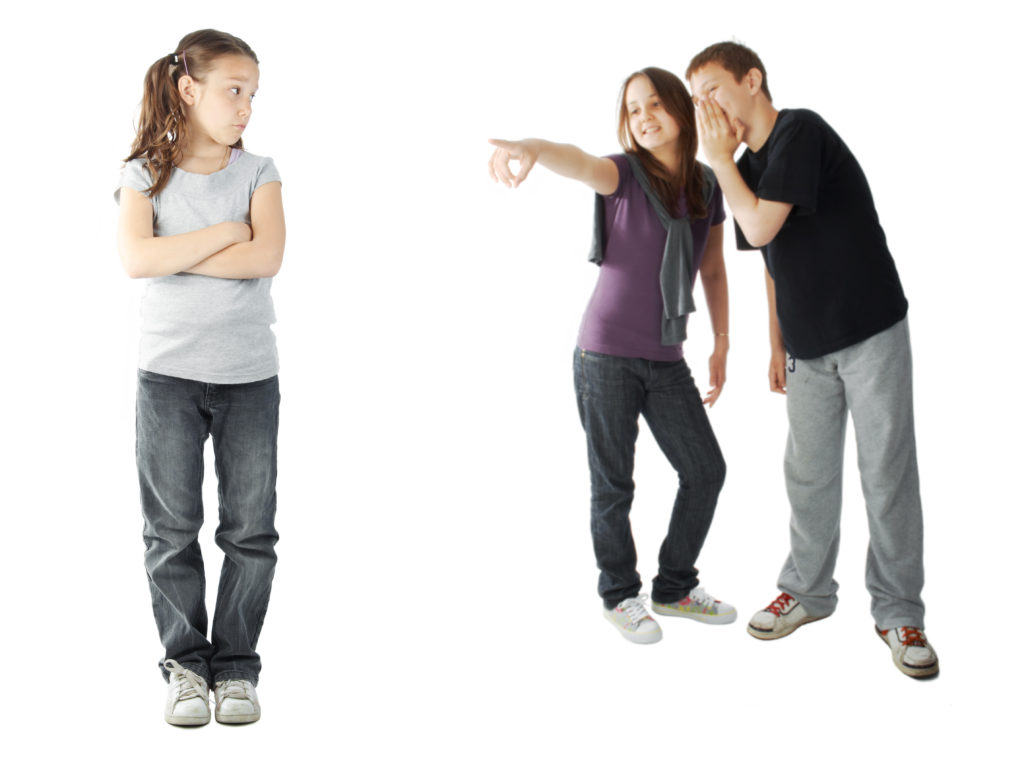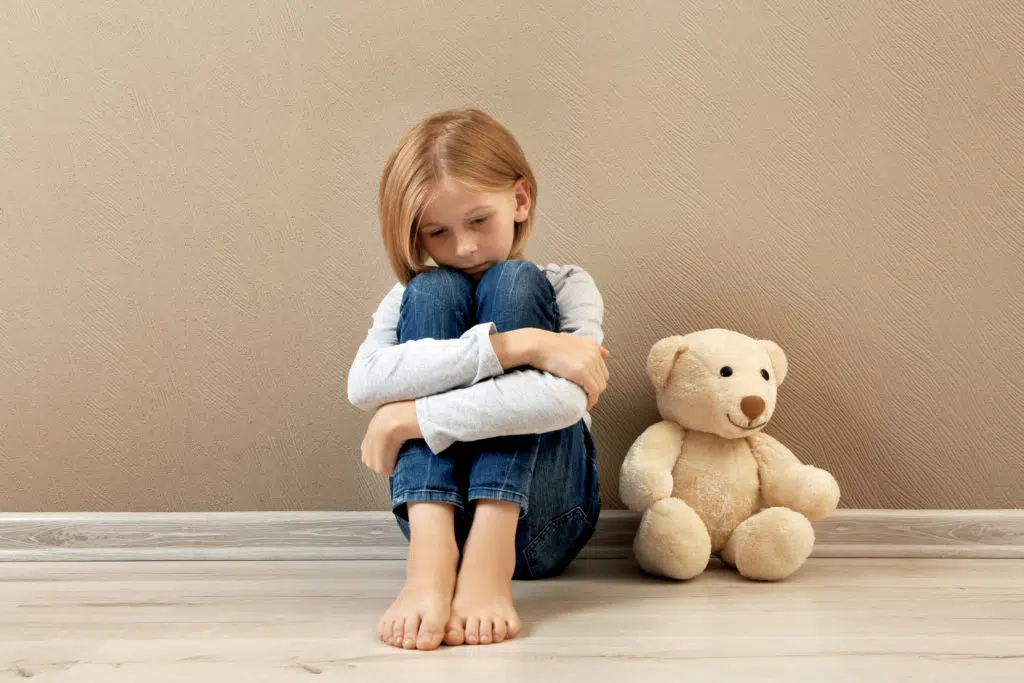- Unpacking Grief and Disability - July 8, 2024
- Breaking the Stigma: 5 Blogs to Better Understand Suicide - May 21, 2024
- 4 Tips for Better Sleep Hygiene - March 4, 2024

We treat clients of all ages suffering from the physical and emotional aspects of social anxiety. As the third most common mental health disorder, social anxiety can develop in children from an early age. However, parents, caretakers, and early childhood educators often overlook the symptoms of social anxiety. Some may even live with the symptoms throughout their childhood into becoming adults without ever being correctly diagnosed.While children are young, the symptoms may not be as problematic to affect the quality of life for the individual. The disorder does involve varying intensities that can interfere with social and performance situations. Therefore, it is highly useful for a proper diagnosis and to seek the right kind of treatment before the anxiety becomes chronic and debilitating.
If you want to talk to your parents about going to therapy, check out this blog: How To Ask Your Parents For Therapy, on how they can understand and support you while not making conversations too hard.
Our clients will get the proper guidance to overcome the fear, stress, and anxieties around social situations and be able to make friends. Here are some significant symptoms to watch for in your children if you have concerns over whether your preschool, school-aged, and teenaged child may be suffering from social anxieties.
Children are never too young for therapy when mental health issues are involved. Learn the warning signs that your child needs therapy and how to get them the help they need.
Key Symptoms to Look for:
Pre-School
Children as young as six months can begin to display some form of anxiety. According to our clinicians, it is somewhat typical for the child to experience fear when meeting a stranger or when they are in an environment they are unfamiliar or do not know. Social anxiety, as a whole, is incredibly difficult to observe in young children because they may just be experiencing normal feelings of fear when they try new things.
These physical symptoms may include the refusal to speak, freezing up or being clingy to the primary caretaker, paralyzing fear of new things and situations, and extreme irritability, crying or whining. It is quite typical to experience some form or another of these symptoms. However, if your child is having extreme panic and the fear is interfering with how they function in group settings, it is recommended that you seek the assistance of a mental health professionals.
School-Aged
As children get older and communicating will become more comfortable, you will be better able to fine-tune what it is that is causing your kids to feel anxious. Our counselors have suggested that you ask yourself the following questions when you are talking with your school-aged children:
- Does your child express anxieties to read aloud, present in front of a class, or answer questions in class?
- Does your child have a fear of talking to other kids or adults they are unfamiliar to them?
- Do they have a fear of performing activities that involve music or sports?
- Do they refuse to participate in activities in school?
- Do they avoid attending birthday parties or having friends visit them?
- Does your child have trouble or fear of ordering food at a restaurant?
- Does your child worry excessively about being judged by others?
Teens
Social anxiety symptoms are most apparent in the adolescent years when activities are rampant for the teen to develop within their community socially. Nevertheless, as many as 5.3 million people in the US begin to display the symptoms of social anxieties between the average ages of 11-19.
With teenagers, the anxiety center of Houston has found that anxious teens often have a hard time adjusting to the social aspects of school activities. Teen years are challenging as it is with the changes in hormones and their bodies. Having a persistent and intense feeling of self-consciousness and fear of being watched or judged by others can handicap the teen from stepping foot outside of their home.
Social anxiety in kids and teens can be challenging to recognize as they may try to hide their fears and worries. However, some common signs include avoiding social situations, extreme shyness, difficulty making eye contact, physical symptoms such as sweating and nausea, and self-consciousness. If you notice any of these signs in your child or teen, it may be time to seek professional help. Teen counseling in Houston can provide a safe and supportive space for your child to work through their anxiety and develop coping strategies to manage their symptoms. A licensed therapist can also help your child build self-confidence and improve their social skills, which can lead to better relationships and a happier, more fulfilling life.
You will recognize social anxieties in a teen with if they have an unusually quiet temperament. They are also more likely to be passive, and hesitant, overly concerned about a negative review, or has nervous habits such as hair twirling and fidgeting. If the teen is experiencing these challenges for more than six months, is vital to seek further evaluation.
A teen with social anxieties is also more likely to keep to themselves, fears being humiliated, and becomes more withdrawn when they are encouraged to talk. These temperaments can be crossed over their school behaviors as well where they feel extremely uncomfortable in the spotlight, sits alone in the library or the cafeteria, or is afraid to ask their teachers for help. They can potentially do poorly in school activities and projects and rarely raise their hands in class to participate.
Being with peers, according to our anxiety therapists, is usually avoided or endured with extremely out of proportion feelings of fear. They will dodge being with classmates outside of class and feel very uncomfortable being in group situations.
Parents often have a difficult time locating the right therapist for their child. This article: 5 Ways to Find a Child Therapist Near You, is designed to provide you with some ideas and tips on how to find the right one.
Some parents, teachers, and caretakers may think that Social anxiety disorder merely a child or teen being shy. However, it is essential to take notice of the differentiating factors between someone that is cautious and fearful, and someone that is experiencing social anxiety. The earlier a child receives a proper diagnosis for their social anxiety disorder, the earlier child may receive the help and treatment they need. It can prevent chronic social anxieties later on in life, as well as identify and address other potential conditions or disorders.

Tips on How to Watch For Signs of Social Anxiety
Your children’s anxious behaviors and temperaments can be disruptive and challenging to your families’ dynamics. However, our therapists suggest that it is essential to support that it is essential to support them by giving them the chances to expose themselves to their fears. Set achievable goals with them to take part in being with peers and encourage extracurricular activities that will help your teen or child relax during social situations. If these suggestions prove to be challenging and your child is suffering extensively from extreme fears of social situations, you can contact us at the Grief Recovery Center in Houston, TX for more info today.
Losing someone is hard and it can be even more difficult to deal with grief. Grief over anxiety is an especially difficult one to work through. Read, our article on Understanding Grief-Related Anxiety (+ 5 Ways to Cope)






No comments yet.